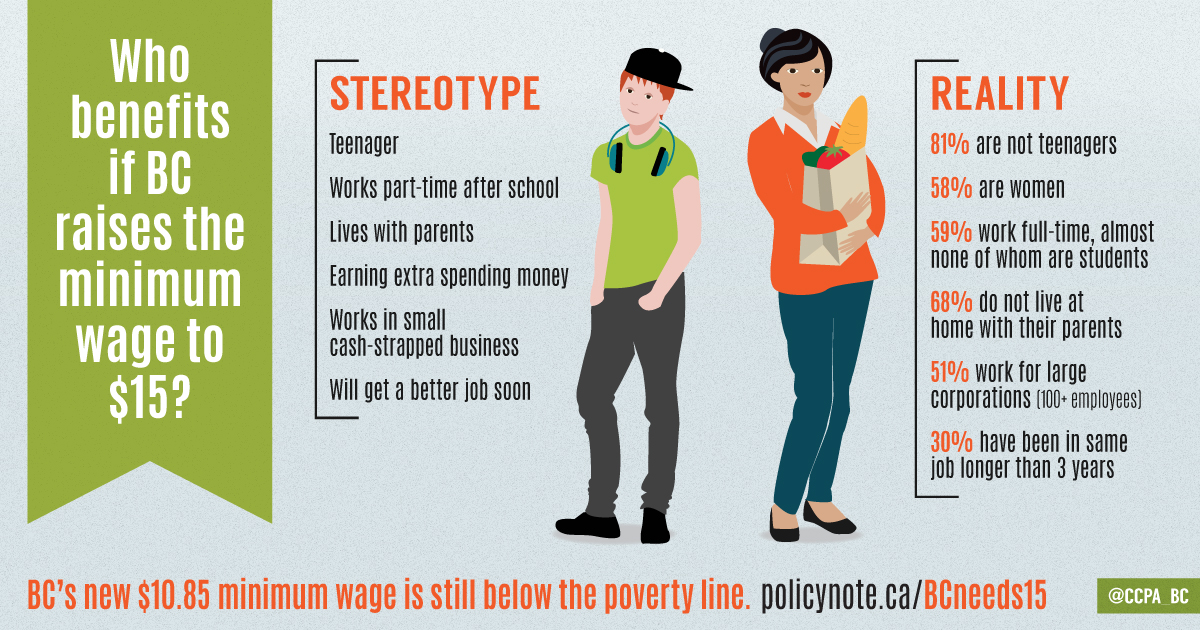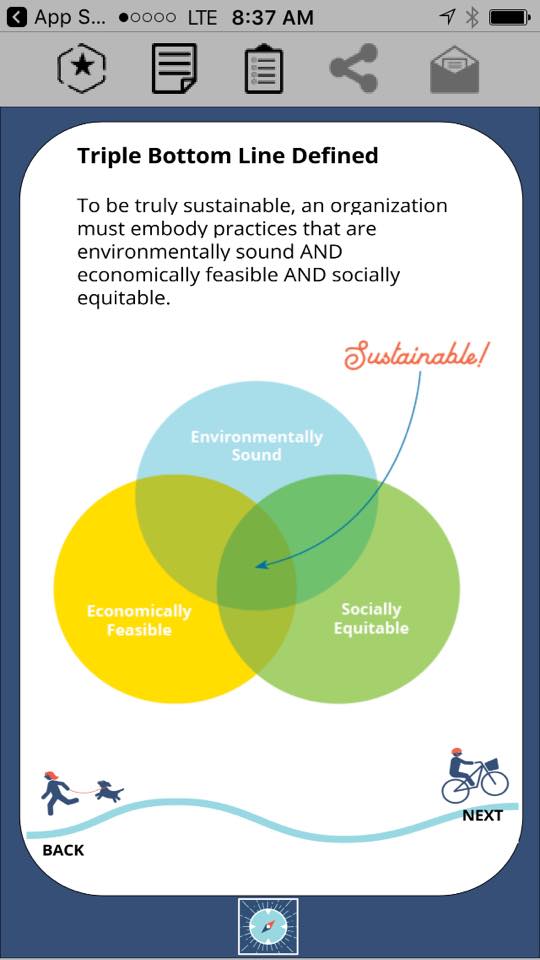Mathew Remodio’s blog post on “Should Vancouver further increase its current minimum wage of $11.35/hr to reach the NDP’s campaign promise of $15/hr by 2021?” is a good choice of topic to write on the current issues. Increase in wages is one way that the government can make the life more affordable in British Columbia (Bains, 2017). I find this blog very informative and interesting to read. Mathew covers most of the issues and benefits on the topic by providing his opinion. I would like to further express my views and analysis on this pressing issue.
 (https://www.ctvnews.ca/polopoly_fs/1.2968960.1467326620!/httpImage/image.jpg_gen/derivatives/landscape_960/image.jpg)
(https://www.ctvnews.ca/polopoly_fs/1.2968960.1467326620!/httpImage/image.jpg_gen/derivatives/landscape_960/image.jpg)
I do agree that raising the minimum wage would reduce income disparity but it would not increase the spending power of the employees because small business who are barely breaking even would not be able to afford the wages and with no other options, they would have to increase the price of their products. People who had bought the products with the previous income would have thought that they could increase the spending power but it is possible only with the assumption that prices remain same. Now with the increase in wages, the businessmen would increase the price to cover the increased profit margin as well as their costs. There will be an increase in profit margin because they need more profit to buy products for their consumption at the higher new price. Ultimately, the employees would have to lose more money and as a result lesser spending power.
British Columbia has seen five increases to the minimum wage since 2011 after it was frozen at $8 for a decade under former premier Gordon Campbell. BC Chamber of Commerce President Val Litwin said while businesses are open to seeing wages reach $15, the four-year deadline the government has set is too soon. It is not that what works elsewhere would work in British Columbia too. Alberta will be the first province to reach the $15 per hour rate next year, while Ontario plans to reach that rate in 2019. “Just because they’re doing it doesn’t mean it’s going to be done well,” Litwin said, adding that studies out of the U.S. found increasing wages too quickly results in businesses reducing hours or cutting staff.
 (http://www.policynote.ca/wp-content/uploads/2016/06/ccpa-bc_MinimumWage2016.jpg)
(http://www.policynote.ca/wp-content/uploads/2016/06/ccpa-bc_MinimumWage2016.jpg)
Hence, I would like to restate that increase in minimum wages at present would decrease the income disparity but would not increase the spending power. The government would have to take it slow, considering the after effects of establishing the law. I agree with Mathew’s opinion that a mixture between both sides must be met in order to meet equilibrium between the demand for workers in relation to the costs for their employers.
References:
Chan, C. (2017, August 16). B.C. to raise minimum wage by 50 cents an hour and promise $15 an hour by 2021. Retrieved October 29, 2017, from http://vancouversun.com/news/local-news/b-c-to-raise-minimum-wage-by-50-cents-an-hour


